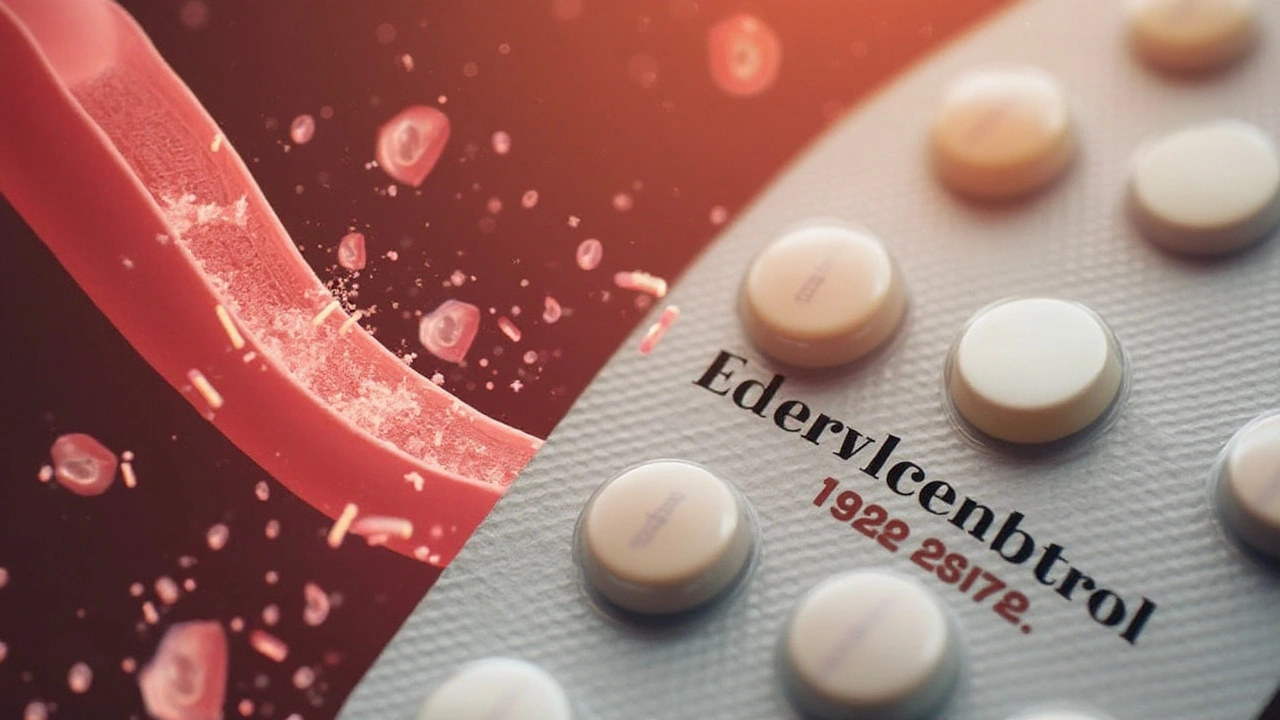Ethinylestradiol: A Simple Guide to What It Is and How It Works
If you’ve ever looked into birth control pills, chances are you’ve come across ethinylestradiol. It’s a synthetic estrogen that plays a big role in many contraceptive pills and hormone therapies. But what exactly does it do and why is it so common? Let’s break it down in straightforward terms.
Ethinylestradiol is a man-made version of the natural hormone estrogen. Your body uses estrogen to handle things like the menstrual cycle and reproductive health. When you take ethinylestradiol, it helps regulate these processes by mimicking natural estrogen levels. This is why it’s often combined with a progestin in birth control pills, working together to prevent ovulation and reduce the chance of pregnancy.
How Do Birth Control Pills with Ethinylestradiol Work?
These pills usually mix ethinylestradiol with another hormone called a progestin. The combo tricks your body into thinking it’s already pregnant, so your ovaries hold off on releasing eggs. Plus, it thickens cervical mucus, making it tougher for sperm to reach any egg that might have been released. That’s how it keeps pregnancy at bay.
You might be wondering if taking synthetic estrogen is safe. Most people tolerate ethinylestradiol well, but there are some side effects to watch out for, like nausea, mood changes, or spotting between periods. It’s a good idea to chat with your healthcare provider if you notice anything unusual or if you have health conditions like blood clots, which can be a concern with estrogen-containing pills.
Other Uses and Things to Keep in Mind
Beyond birth control, ethinylestradiol is sometimes used in hormone replacement therapy for menopausal symptoms. It can help ease hot flashes and bone loss that come with lower estrogen levels. But just like with contraception, it’s important to follow your doctor’s instructions closely.
One last thing—don’t stop or start ethinylestradiol-containing meds without medical advice. Sticking to your prescribed plan ensures you get the best results and minimize risks.
In short, ethinylestradiol is a key player in many hormone-related treatments, especially birth control. Knowing how it works and what to expect can help you make informed decisions about your health.
Understanding the Link Between Ethinylestradiol and Blood Clot Risks
Ethinylestradiol is a common component of birth control pills that can increase the risk of blood clots. This article delves into the science behind this risk, who might be more susceptible, and practical steps to minimize potential dangers. Understanding this connection is crucial for making informed health decisions.
